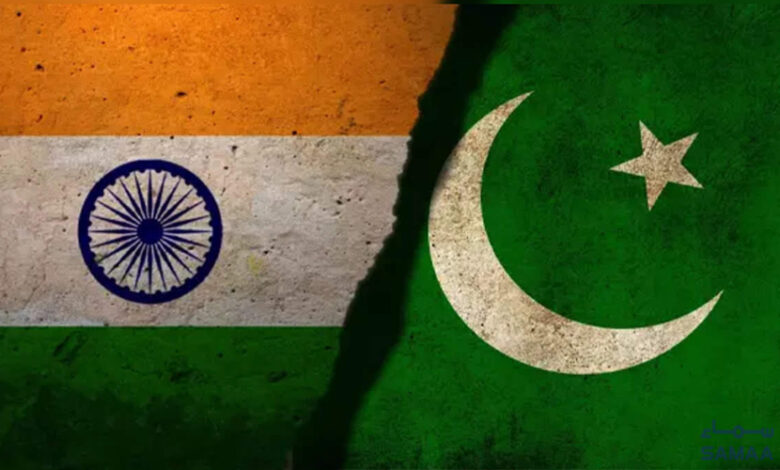The long record of false flag operations in India exposed

a decades-long pattern of India’s false flag operations intended to deflect attention from India’s internal problems and diplomatically isolate Pakistan. Strategically, these efforts align with important international events or high-profile diplomatic visits.
A hijacked Indian Airlines plane was diverted to Lahore in January 1971. Despite the lack of concrete proof of Pakistani complicity, India accused Pakistan right away and banned flights to East Pakistan.
36 Sikhs were massacred in occupied Kashmir during U.S. President Bill Clinton’s March 2000 visit to India. Although Pakistan was initially held accountable, later evidence suggested that Indian soldiers were responsible for the event, which was planned to discredit Pakistan during the high-profile diplomatic visit.
The attack on the Indian Parliament on December 13, 2001, followed a similar strategy. Pakistan was implicated right away without any solid proof, which led to a military environment along the border that almost turned into war.
At first, Pakistan was held responsible for the February 2007 bombing of the Samjhauta Express, which killed 68 persons, the majority of whom were Pakistanis. Subsequent inquiries exposed an effort to sabotage the two nations’ peace efforts by implicating Hindu extremist groups in India.
Pakistan was instantly blamed for the 2008 Mumbai attacks. But the investigation’s contradictions and the strange murder of Hemant Karkare, the head of the Anti-Terrorism Squad, sparked doubts about the real culprits and their intentions.
After Prime Minister Modi’s unexpected trip to Pakistan in January 2016, the Pathankot Air Base attack took place. Once more, Pakistan was charged without hard proof, which halted recently started diplomatic efforts.
Just prior to Saudi Crown Prince Mohammed bin Salman’s trip to Pakistan in February 2019, 40 Indian troops were killed in the Pulwama suicide bombing. India’s immediate accusations against Pakistan were contradicted by subsequent investigations.
Most recently, in January 2023, Pakistani intelligence exposed an Indian plan to stage a false operation in Poonch district of Indian-occupied Kashmir around Republic Day, intending to accuse Pakistan of terrorism.
These incidents illustrate a persistent pattern where India fabricates or manipulates violent events to damage Pakistan’s international reputation, particularly during significant diplomatic moments. Such actions have not only deteriorated bilateral relations but also seriously threatened regional peace and stability.